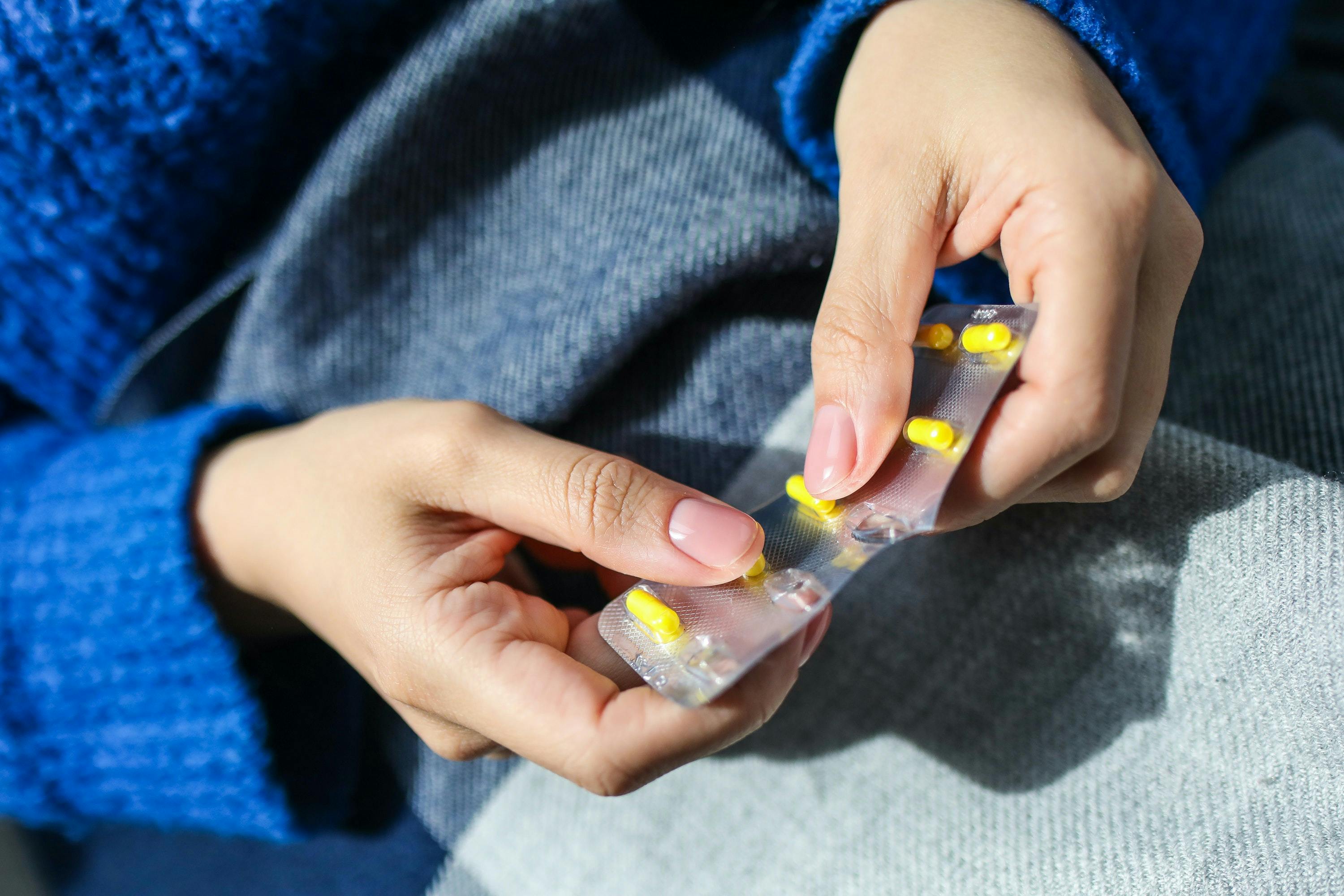According to research, women and men can develop bipolar I disorder at an equal rate, however, women are more likely to have bipolar II disorder and may also experience other co-occurring mental health conditions. But by increasing education around this diagnosis and seeking personalized treatment, women can still live thriving, fulfilled lives with bipolar.
In addition, the postpartum period is a time of high risk for onset and recurrence of BD in women, supporting the hypothesis that hormonal factors may play a role. However, researchers note that females are also more likely than males to experience sleep problems in the early days as a parent, which can also be a trigger.
To learn more, we explore the different ways bipolar disorder manifests in women.
Associated conditions in women with bipolar disorder
1. Alcohol or Drug Use
Individuals with bipolar disorder are at higher risk of alcohol and/or drug abuse.
In bipolar disorder, mania reduces one’s inhibitions. Alcohol and certain drugs have the same effect. Some people consume alcohol or recreational drugs to cope with the emotional discomfort brought about by their mental condition. As such, bringing them together can further decrease a person’s inhibitions which can lead to risky behaviors and regrettable consequences.
Research also shows that bipolar disorder contributes to substance use. Conversely, substance use may trigger changes in brain function and structure that can lead to mental disorders.
Essentially, mixing substance use with bipolar disorder can cause longer-lasting symptoms and a poorer response to treatment.

2. Attention-deficit Hyperactivity Disorder (ADHD)
ADHD often co-exists in people with bipolar disorder. This can be characterized by inattention, where the person finds it difficult to sustain focus, is forgetful, distractible, and has trouble managing time and/or organizing tasks.
It can also manifest as hyperactive symptoms, characterized by restlessness, fidgetiness, excessive talkativeness, completing other people’s sentences, or difficulty waiting their turn.
For others, it can mean acting without thinking or control and making rash decisions. Being impulsive can also include a desire for immediate rewards without considering long-term consequences.
3. Depressive episodes
Research shows that women with bipolar disorder are twice as likely to experience depression and depressive symptoms than men with the condition.
Signs of a depression episode include:
- Difficulty concentrating
- Impaired sleep quality
- Appetite disturbance
- Consistent feelings of being down, hopeless, and slow
- Losing interest in things that used to be enjoyable
- Speaking slowly and having difficulty communicating
- Thinking or speaking about death
4. Eating Disorders
Studies show that people who are bipolar also experience eating issues. People who have bipolar disorder also often struggle with eating disorders.
Individuals with bulimia nervosa may compulsively overeat then immediately “purge” their bodies of it by vomiting, using laxatives, or diuretics as a way to cope with shame or guilt. They often will eat by themselves or tend to consume food very quickly.
Similarly, people with anorexia nervosa tend to skip meals or avoid eating out of marked fear of gaining or vary between purging and restricting food. People with anorexia will often count their calories, eat deliberately small amounts, or even weigh their food. They may also exercise excessively to counteract any possible weight gain that could result from eating.
5. Mania or Hypomania
Mania is a state characterized by experiencing a persistently elevated mood, with feelings of creativity, energy, and overall high spirits. At this time, people tend to exhibit more risky and reckless behaviors, like spending money impulsively, using substances, and engaging in increased sexual activity without awareness of harm or consequences.
Manic episodes can last for a week or more. For others, this can come with experiencing staunchly held beliefs others do not share or can verify or see, feel or hear things others cannot.
Similarly, hypomania is a distinct episode characterized by less intense symptoms as described above and lasts anywhere between 4-7 days. Though people still experience elevated moods, the degree to which they do so is less than in mania.
6. Obesity
Studies show that those who are obese are more likely to have bipolar disorder than other mental health conditions.
Inactivity and poor eating habits are believed to be the primary reason for this. However, some bipolar disorder medications can stimulate appetite or cause weight gain contributing to this issue.
Furthermore, this can lead to more serious and long-term health conditions like diabetes, heart disease, high blood pressure, and high cholesterol.
7. Psychosis
Bipolar psychosis is rare but occurs when someone experiences perceptual disturbances in conjunction with a severe or depression episode. Often, the themes of these symptoms tend to match the person’s mood at the time.
For instance, during a manic phase, one may experience grandiose thoughts in which they may falsely believe that they are famous, rich, or possess special powers, which may result in dangerous or reckless behavior. During a depression episode, one may feel they have committed a crime or harmed others, thus triggering feelings of worry, fear, or sadness.
Bipolar psychosis can last varying amounts of time. Treatment aims to resolve or decrease each individual's own constellation of symptoms as quickly as possible.
How to Seek Help
While there is no particular cure for bipolar disorder, it’s extremely important to get care and support to manage symptoms and thrive despite the condition. People can live long and successful lives with the right treatment.
First, be sure to take any prescribed medication as directed by your provider, which can help to balance out your moods. Women are more likely to experience side effects (drowsiness, nausea, and weight gain), and it’s helpful to talk to your doctor about whether or not to adjust your medication.
Importantly, along with any medication you might be taking, therapy has been found to be immensely helpful. Therapy helps people manage their symptoms by helping them to recognize triggers, learn coping strategies and act in new and different ways.

Importantly, along with any medication you might be taking, therapy has been found to be immensely helpful. Therapy helps people manage their symptoms by allowing them to recognize triggers and learn coping mechanisms.
Cerebral works to make mental health support and treatment available, affordable, and accessible for all. If you or anyone you know is suffering from bipolar disorder and its manifestations, know that we’re here for you, and we’re ready to help. Get started.

How to Support a Loved One with Bipolar Disorder

Bipolar vs. BPD: How To Tell The Difference

9 Common Triggers for Bipolar Episodes

Call 911 if you’re having a
mental health emergency
Text Home to 741-741 if you're in emotional
distress and need immediate support
Call or text 988 Suicide &
Crisis Lifeline. Chat service
is available at 988lifeline.org.